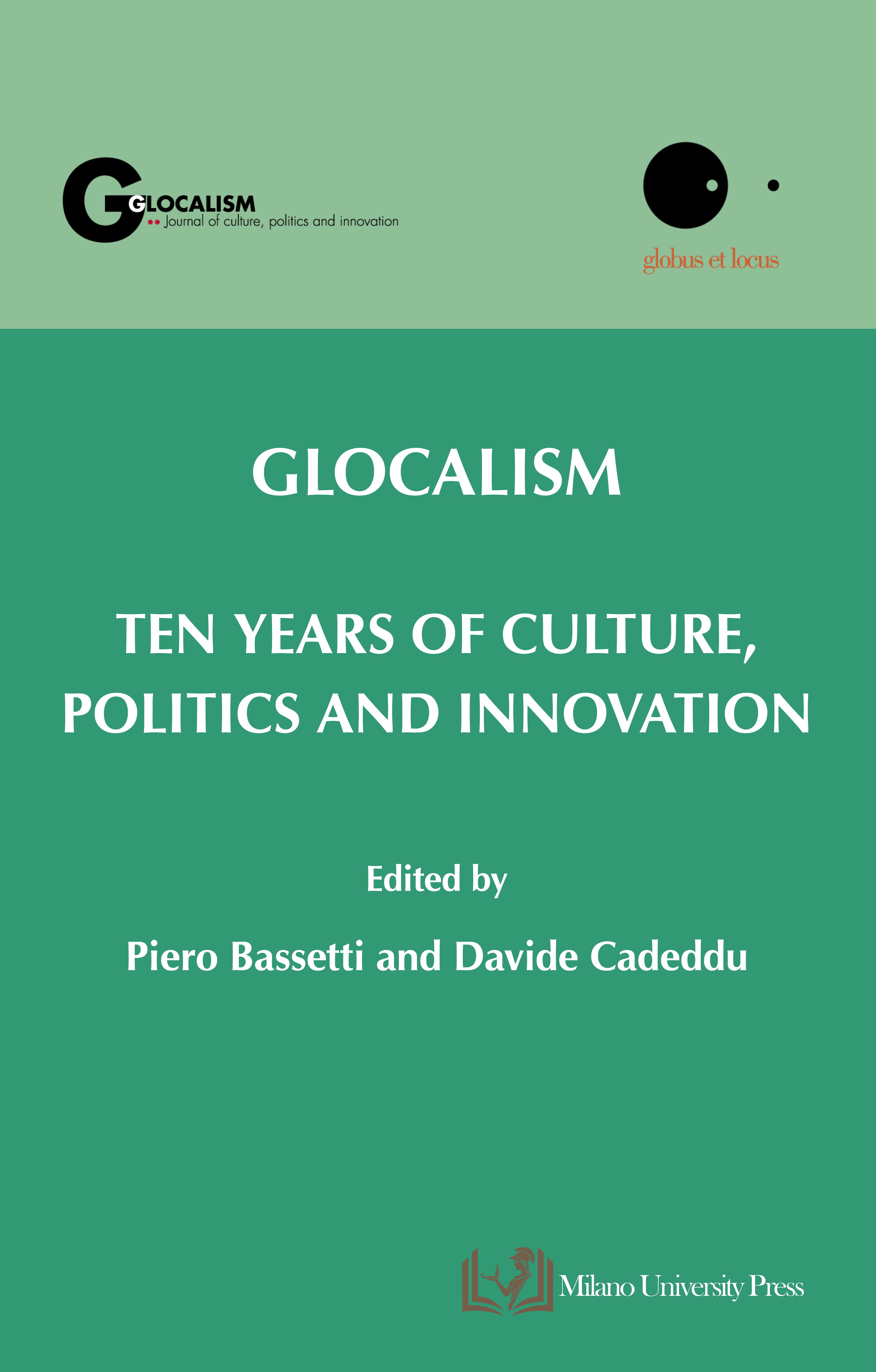Towards Global Political Communities and New Citizenship Regimes
DOI:
https://doi.org/10.12893/gjcpi.2018.1.1Keywords:
global citizenship, political communities, cosmopolites, migrations, solidarityAbstract
Until now, attempts to identify a meeting point between the preservation of a universal political identity and maintaining national forms of belonging seem to find little application in the policies of world governments. Consequently, the idea of the individual as a citizen of the world is exposed to the risk of becoming an aspirational ideal devoid of practical and objective translations. In this regard, Theresa May’s recent criticism of a concept of world citizenship separate from any ethnic or national membership is an ideal starting point for reflecting on the intrinsic tensions of cosmopolitan political thought regarding citizenship.In response to the distant origin of the conflict between the universalist vision of man and the particular dimension of political participation, the article opens with a brief historical excursus of the principles of cosmopolitanism from classical antiquity to modern political thought, before arriving at a series of reflections on the changing of these values in today’s globalized scene. This study allows us to describe the evolution of the long tradition on which the universal human rights enshrined after the end of the Second World War are established. Universal human rights seem to be closely connected to the Age of Enlightenment’s cosmopolitan principles of hospitality and solidarity.Although today’s increasing social and political integration seems to facilitate the observation of the right to Kantian hospitality, it is noted that the right to asylum and the physical vulnerability of the individual are increasingly suspended or canceled by the same States who claim to be custodians of the universal values of man. Well known evidence of these contradictions are the tragic living conditions of migrants hosted in European hotspots, but also the treatment of the so-called Dreamers in the United States. Exploring the worthiness of the problem of the civil and political status of the growing number of migrants in the world, the need to guarantee access of citizenship benefits to foreigners is emphasized, in the hope that international solidarity practices on which cosmopolitan thought is based will continue to find application in current and future societies.
Downloads

Downloads
Published
How to Cite
Issue
Section
License
Copyright (c) 2018 Seyla Benhabib

This work is licensed under a Creative Commons Attribution-ShareAlike 4.0 International License.











